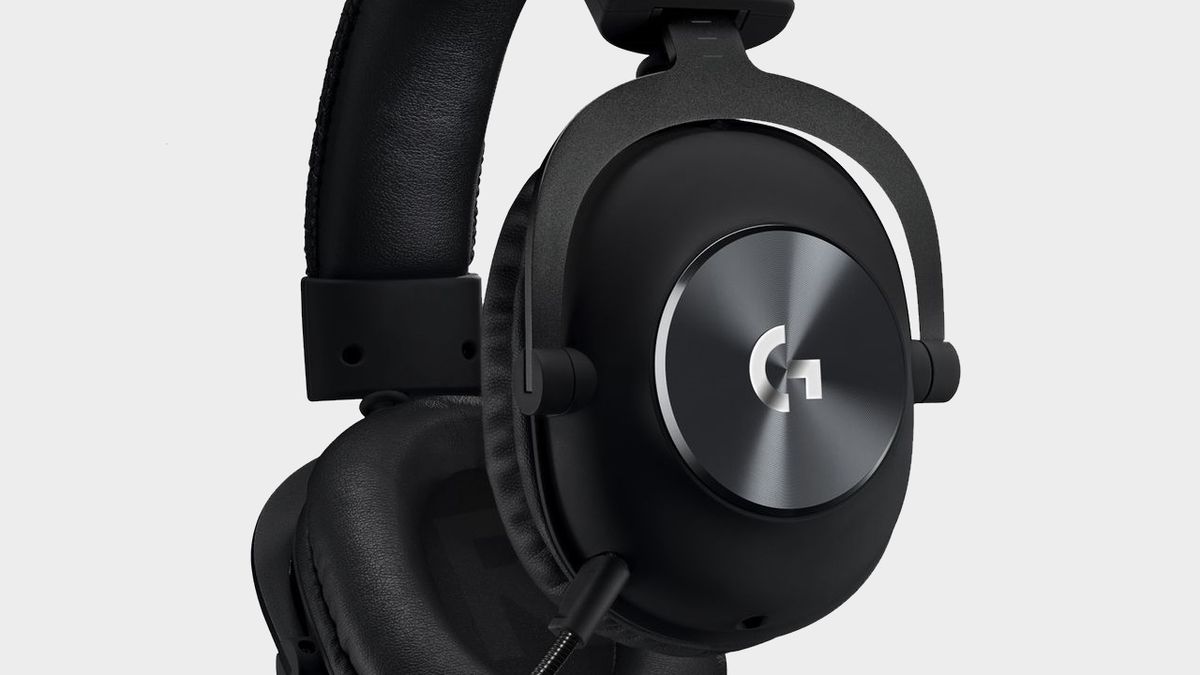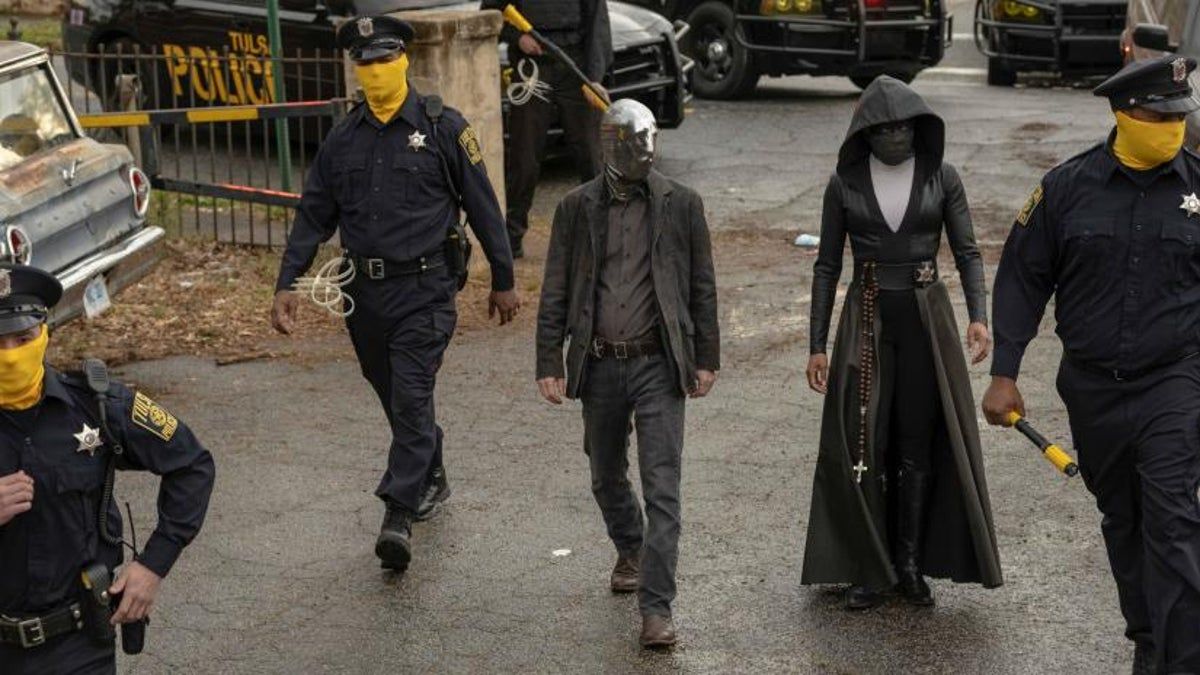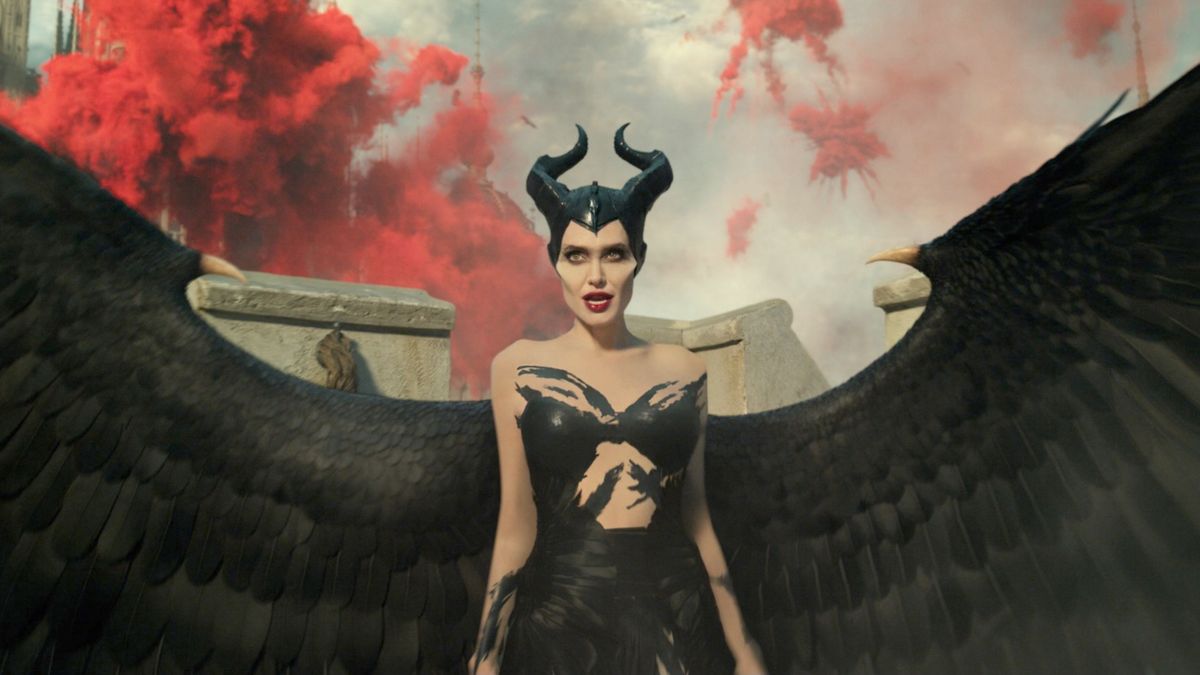With a great many contemporary games obsessed with rendering the real world in increasingly authentic detail, it’s refreshing to play something that goes in completely the opposite direction. The Bridge is a puzzle game that explores a bizarre, dreamlike world built from structures clearly inspired by the works of Dutch artist MC Escher.
Its monochromatic pencil-drawn look hews closely to Escher’s work, while the puzzles themselves share similar themes and concepts: mirrors, spirals and impossible structures. It’s a fascinating and oddly convincing place, its physics imbued with a weight that’s in keeping with a portentous story doled out between chapters in cryptic snippets.

And yet at its heart, this enigmatic game is really rather simple. All of The Bridge’s puzzles are built around a single idea: the ability to rotate the level. You’ll guide your bearded avatar with the left stick, while shifting the stage left and right to manoeuvre him towards the exit. Usually the door is locked, and you have to locate a key before you can leave, and gradually the process grows more complex.
A spherical rock, ominously referred to as The Menace, is similarly beholden to gravity, and will roll and fall as you tilt the stage; make any kind of contact with this and you’ll perish. Happily, if you’re squished or you inadvertently send the poor man plummeting into oblivion, you can hold B to wind back the clock.

The rock might be the primary hazard, but it’s often a means to progress: you might need it to depress a switch in order to deactivate a swirling vortex that has swallowed the exit key, for example. Then there are nodes that flip the stage when entered, and veils which allow you to manipulate the level while ignoring the laws of gravity.
It says something for the game’s consistent internal logic that such a fusion of strange ideas and unusual locations is immediately understandable, though it takes a little while – perhaps too long – for the challenge to escalate, even as the various elements are combined. On the rare occasions the answer to your current predicament isn’t quickly apparent, it’s possible to stumble across the solution simply by squeezing the triggers to rotate the stage. It’s only towards the end of the third of four main chapters that you’ll come across any real head-scratchers.

Which isn’t to say that you won’t enjoy the journey: the simple experimentation involved in simultaneously moving the protagonist and manipulating these imaginative environments is pleasurable in its own right. That the stages are so skilfully drawn and the woodwind-led melodies of the soundtrack are so soothing means it’s an easy game to get blissfully lost inside for an afternoon. Yet for many, the laborious final puzzle will put a halt to all that. It’s a devious difficulty spike that combines a clear and unheralded shift in approach with an uncommonly fussy bit of manoeuvring. Suddenly, the lethargic tilt speed and shuffling gait of our hero, which previously fit with the game’s contemplative mood, becomes a problem.
Persevere, however, and you’re rewarded with a series of mirrored stages that don’t merely reflect the existing environments, but completely change the puzzles therein, adding new elements or reworking them entirely. These can be a little finicky at times, particularly given the increased focus on building momentum, but reaching the exit door brings a feeling of relief and satisfaction that’s all too rare during the regular worlds. Like its protagonist’s scrambled mindset, The Bridge can feel fragmented and incomplete, but this is a fascinating and absorbing headspace in which to spend a few hours.
The Verdict
3.5
3.5 out of 5
The Bridge
Escher meets Braid in a puzzle game that’s weird but not weird enough. Its imaginative environments and beautiful soundtrack do mean it’s worth taking a trip to this beguiling dreamworld.
 Game News Video Games Reviews & News
Game News Video Games Reviews & News



